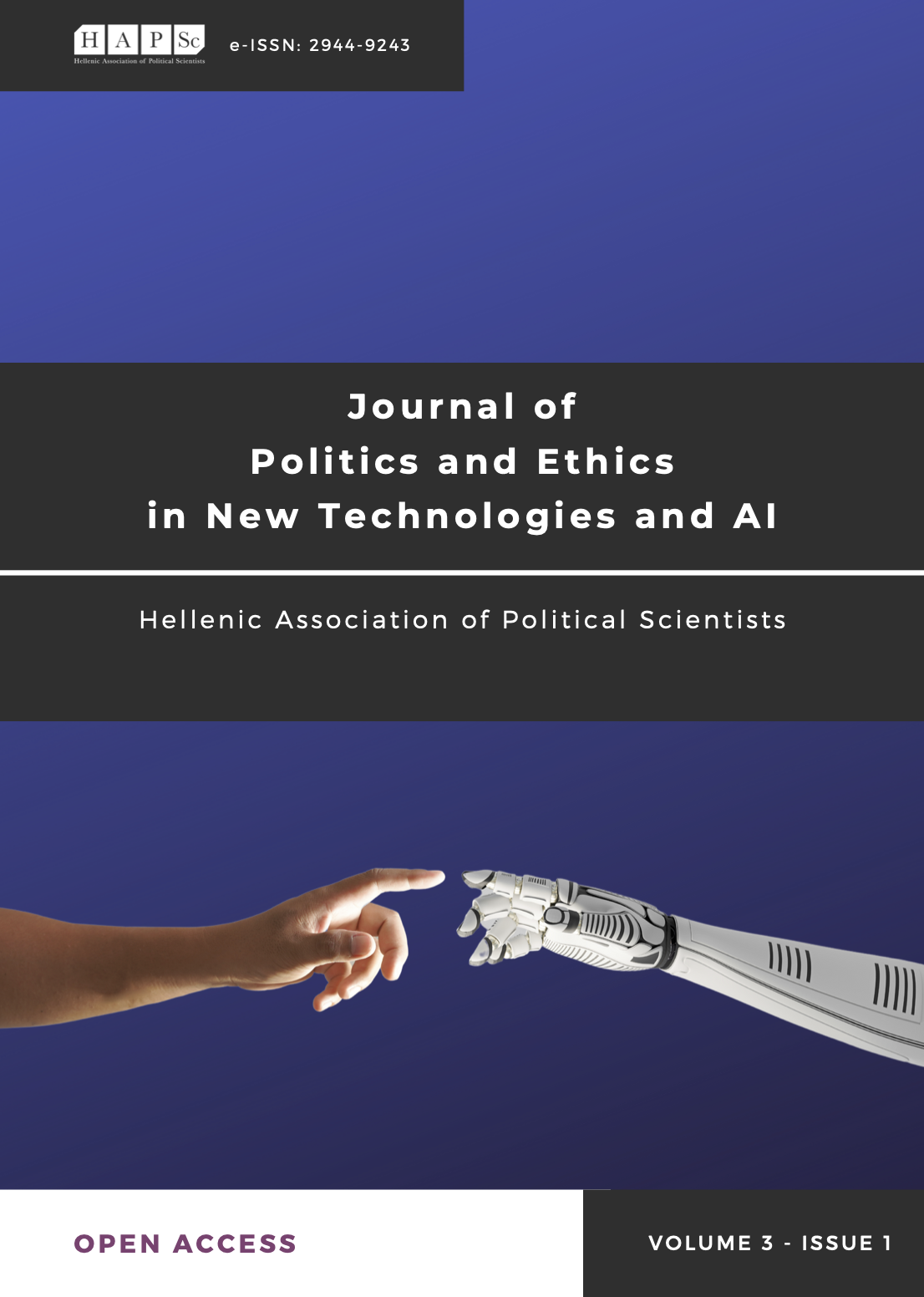The Use of Artificial Intelligence (AI) in National Security: Defining International Standards and Guidelines

Abstract
The increasing use of AI in national security emphasizes the need to regulate its ethical and responsible use through international rules and regulations. This article examines the importance of AI to national security, with a particular focus on how it impacts cybersecurity, intelligence gathering, and defense strategies. Even though AI has been contributing in the reinforcement of national security, it still raises moral issues and potential security risks, while the need to create international laws and standards is becoming more and more evident. Moreover, this article assesses the use of AI in national security, highlighting the benefits, drawbacks and need for oversight. In addition to examining governance issues, the importance of integrating safety standards with moral and ethical concerns is emphasized, with a particular focus on international cooperation and the evaluation of current institutions.
Article Details
- Section
- Research Articles

This work is licensed under a Creative Commons Attribution 4.0 International License.
Authors retain copyright and grant the journal right of first publication with the work simultaneously licensed under Creative Commons 4.0 (CC-BY 4.0) license, that allows others to share the work with an acknowledgement of the work's authorship and initial publication in this journal.





